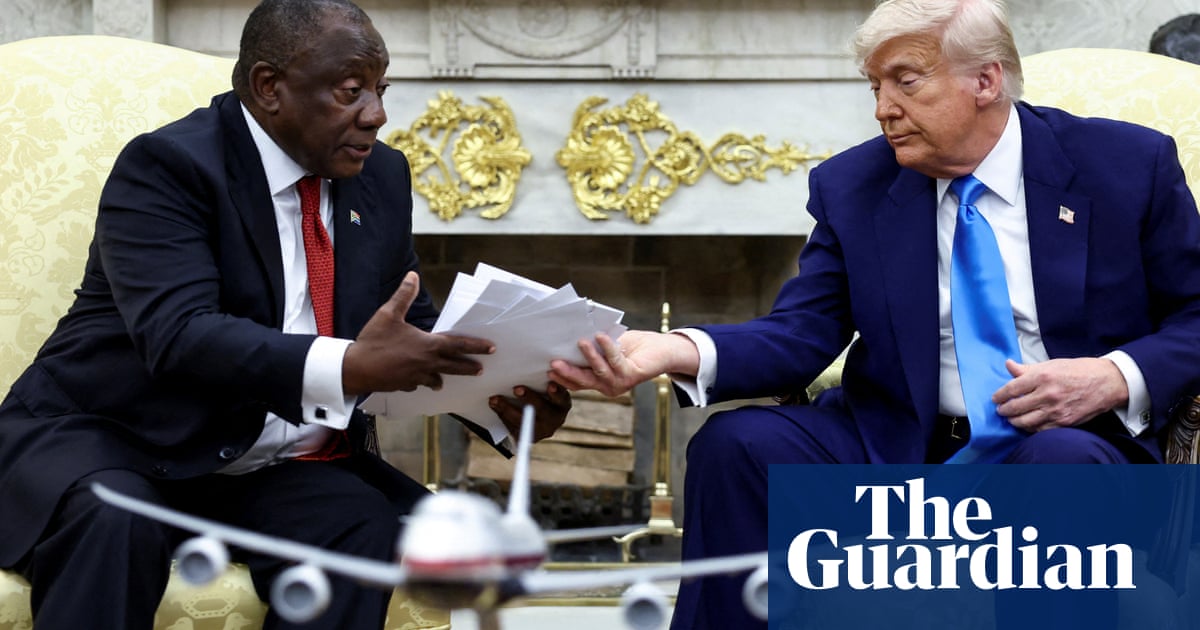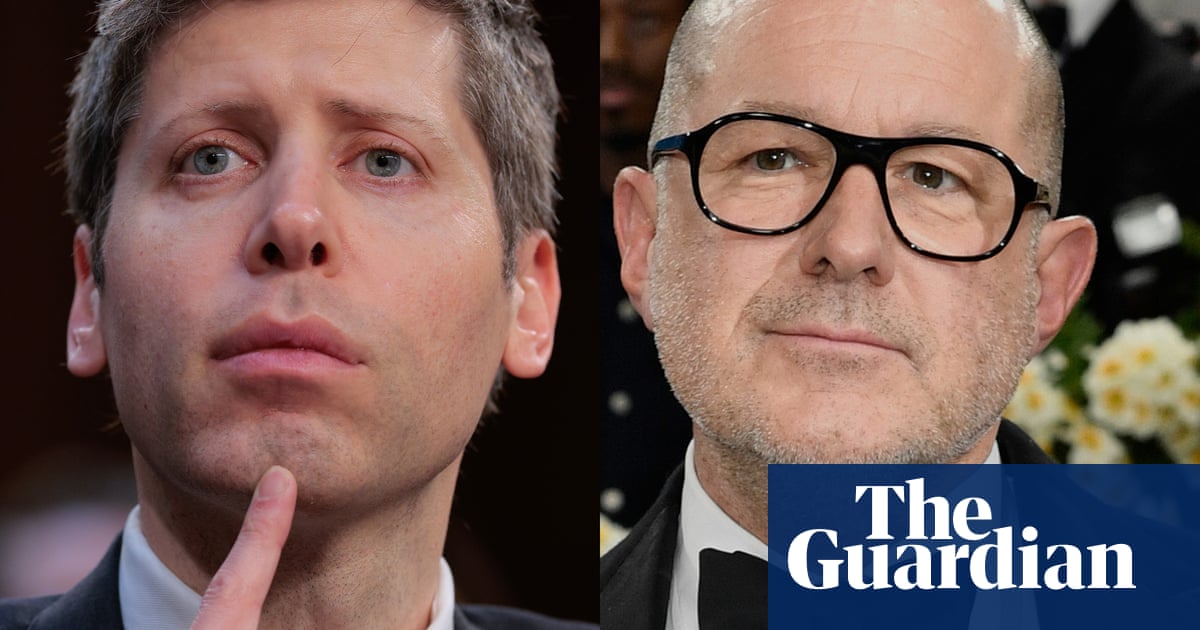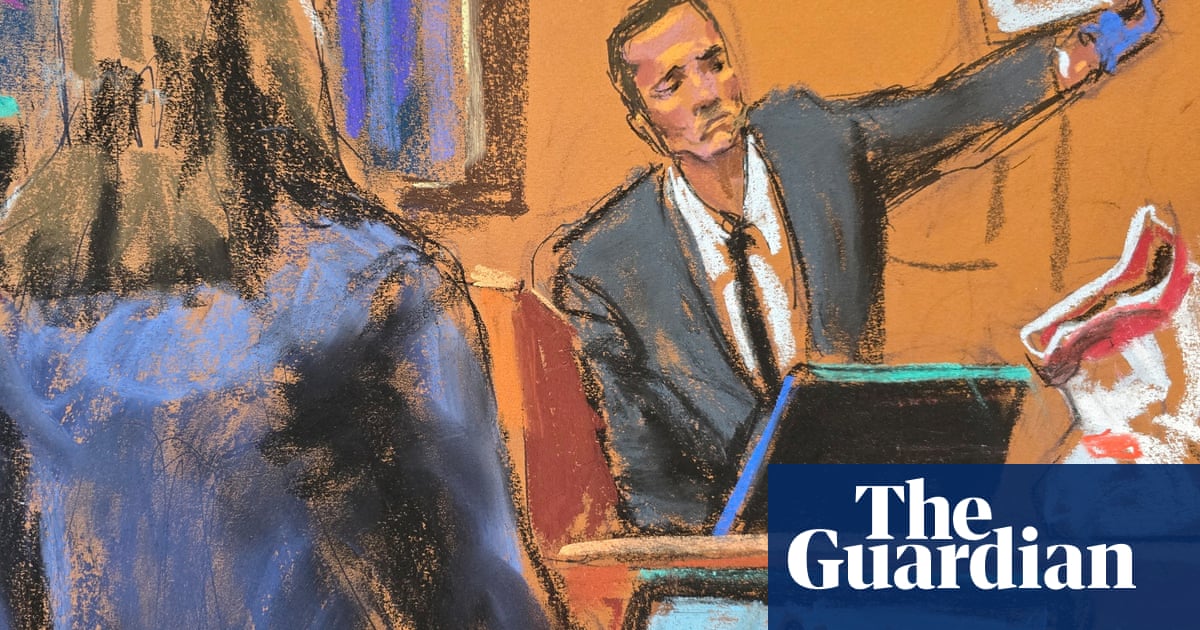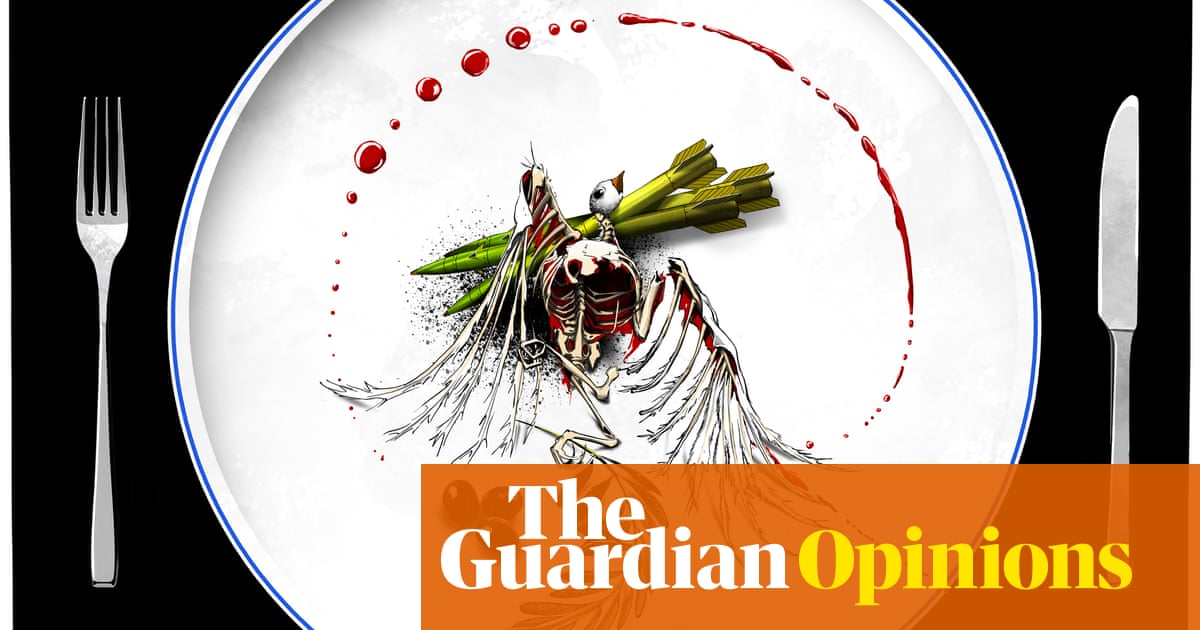Thirty years after writing Bowling Alone, the famous essay in which he diagnosed a dangerous crisis of social cohesion in the United States, Robert Putnam has a right to feel vindicated. In a lecture this spring, Prof Putnam, now 84, warned his audience that, amid levels of polarisation and distrust higher than at any time since the civil war, the US was “in danger of going to hell in a handcart”.
Britain is still, thankfully, a long way from the poisonous toxicity of Trump-era America, notwithstanding the ominous rise of Reform and Nigel Farage. But research published this week by the More in Common polling group paints a worrying portrait of communities in which there is a widespread sense of social disconnection, high levels of distrust among the young and a felt loss of shared spaces and rituals.
Alarmed by the progress of Reform in “red wall” seats that it won back in the last election, Labour has chosen primarily to view the problem of social cohesion through the narrow lens of immigration. But the report’s authors suggest a far wider set of factors is at play, from the remote-working legacy of the pandemic to the paradoxically isolating effects of social media, which leave us too often alone with a phone. Significantly, given Reform’s success in the most deprived parts of England and Wales, they also identify a class dimension to the weakening of communal ties and diminishing levels of social trust. According to More in Common’s director, Luke Tryl, “a pernicious graduate gap appears to be opening up, with those who have degrees generally feeling more connected and optimistic than those who don’t.”
The decline in associational life has been decades in the making. Far fewer of us now go to church, are members of a union or join social clubs. Political parties, once embedded in the life of communities, have become more detached from them and less representative of their varied social makeup. Deindustrialisation, and the cultural shifts of the Thatcher/Reagan era in the 1980s, inaugurated a more individualist age. The savage austerity inflicted by George Osborne in the 2010s degraded the public realm, closing leisure centres, libraries, youth clubs and arts centres. Inevitably, the loss of free or cheap social spaces hit the less well off hardest.
According to Prof Putnam, this was the kind of context that helped deliver Donald Trump in the United States, as a swath of the population lost faith in the social contract and became “vulnerable to authoritarian populist appeals”. There have been warning signals in Britain too. The riots and disorder last summer, in the aftermath of the appalling murder of three young girls in Southport, took place in some of the most deprived areas of the country.
Together with Citizens UK and UCL academics led by Ed Miliband’s former speechwriter, Marc Stears, More in Common is launching a joint research project dedicated to finding ways to strengthen our fraying social bonds. Labour should pay close attention to its work. Thus far, the government’s programme of national renewal has focused overwhelmingly on the need to stimulate economic growth, within the unnecessarily constricting confines of its fiscal rules. But fostering the connections that bind people together in our towns and cities should be an equal priority. That will take social imagination and some hard thinking about the way we live now.
-
Do you have an opinion on the issues raised in this article? If you would like to submit a response of up to 300 words by email to be considered for publication in our letters section, please click here.

 9 hours ago
2
9 hours ago
2

















































